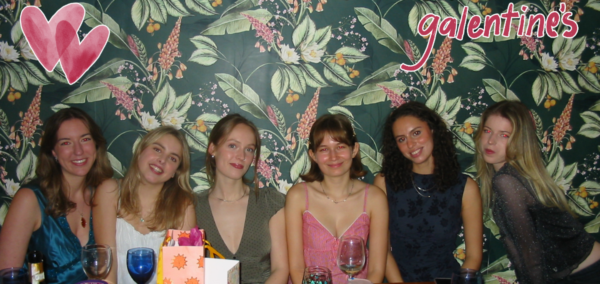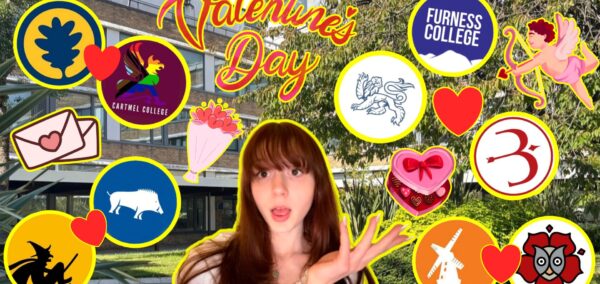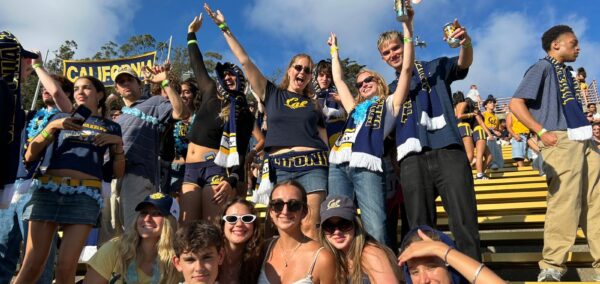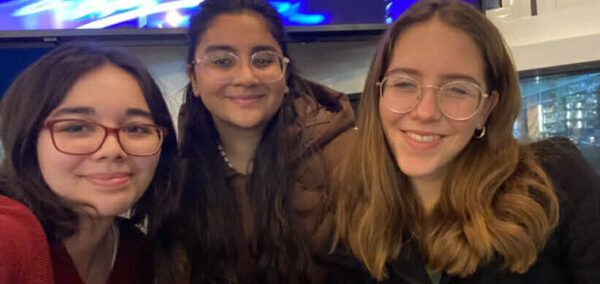
Students can learn about Donkey from Shrek as part of University of Exeter module
Get out of my swamp!
“And that has led to this first-of-its-kind module, where we bring together the Film department’s insight of representation and performance, with The Sanctuary’s expertise and knowledge in providing holistic care to donkeys and thinking about their contribution to society.”
Dr. Faith Burden, Deputy CEO of The Donkey Sanctuary welcomes the module’s potential to positively impact the welfare of donkeys and other animals in film, saying: “It’s fantastic to know that a new generation of filmmakers will have a critical understanding of the link between the way animals are portrayed on-screen and the values we accord them in real life, and the implications this has for their welfare.
“For too long donkeys have been misrepresented in popular culture and this has done them a great disservice. By observing and spending time with the donkeys here in Sidmouth, these students will have the chance to develop a lifelong appreciation of what sensitive and intelligent animals they really are, and the impact their work can have on them.”
Dr. Benedict Morrison, Senior Lecturer in Film, and fellow co-lead for the module, also explained that this is a first-time collaboration, calling the opportunity to work with the Sanctuary “extraordinary”.
He added: “Its aim is to transform how we think about our relationship with not just donkeys, but animals more widely – or ‘more than human animals’ as we refer to them in academic study. In partnering with the Sanctuary, the donkeys are not just distant objects of study; they become participants, ‘in conversation’ with the students.
“The attempt by contemporary media to reduce donkeys to a set of symbolic meanings – the stubborn, the stupid, the indolent – is deeply unfair. We hope that through the opportunity to speak with people who work with them every day, we can get some sense of the real lived experience of donkeys.”
Featured image via SWNS





















